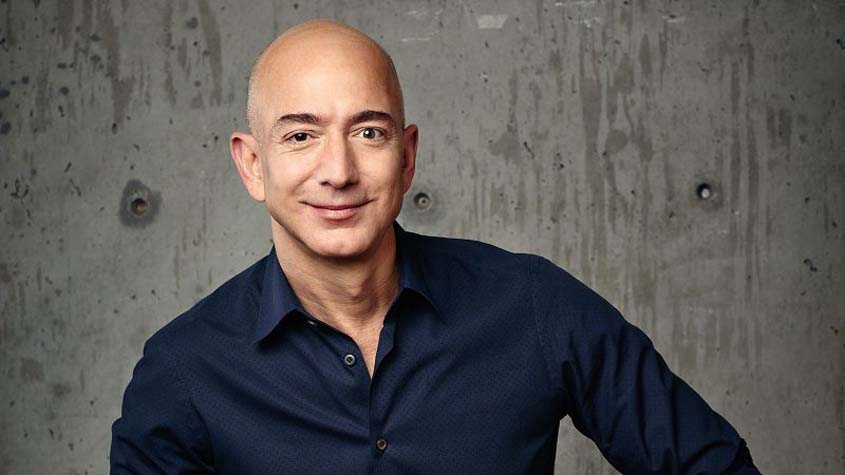After his remark on Amazon chief Jeff Bezos was widely reported, Commerce & Industry Minister Piyush Goyal came up with his defence: “My statement should be seen in context. Investments are welcome but they should be within the law.”
Economic growth is dipping, the unemployment rate is the highest in almost half a century, investors are reluctant to put in their money in India—and when the world’s richest person announces to bring in $1 billion, Goyal comes up with his statement. “They [Amazon] may have put in a billion dollars but if they make a loss of a billion dollars every year, then jolly well will have to finance that billion dollar. So, it is not as if they are doing a favour to India when they invest a billion dollars,” Piyush Goyal said at an event in New Delhi.
To begin with, any business losing a billion dollars—or, for that matter, a million or a thousand dollars—will have to do some thinking to recover it. And it is indeed a favour that Bezos would be doing by investing a billion dollars. For not many Indian tycoons are keen to invest in their own country. Indeed, a large number of high net-worth individuals—the estimates ranging from 20,000 to one lakh—have left India in the last few years. And, with the persistent tax terror and growing regulation, it would not be a surprise that more join the 21st century’s quit India movement.
Quite apart from the fact that Bezos is a major investor, he was also a guest to our country. Whatever happened to atithi devo bhavah? Has the foremost nationalist party forgotten sanskars?
In his last Independence Day speech, Prime Minister Narendra Modi had said, “Those who create wealth for the country, those who contribute in the nation’s wealth creation are all serving the country… They should receive more honour.” They certainly should, but not from Union Ministers, for none of them found time for Bezos. In fact, the entire system seems to be hostile towards him. For instance, a week before his visit, the Competition Commission of India ordered its investigative wing to probe Amazon and Flipkart over their discounting practices, exclusive brand launches on the platforms, and the preferential treatment they have allegedly offered to certain mobile phones sellers. The CCI “is of the opinion that there exists a prima facie case which requires an investigation”.
Now the CCI is a body that shouldn’t have existed in the first place, for competition is market-driven and not mandated and regulated by a government body. Regulators, at any rate, are often ineffectual or subject to influence. Yet, regime after regime in the last 15 years has concentrated upon regulating various sectors rather than opening them up to market forces.
Then there are also activists of all hues—red, pink, saffron—who are determined to make their presence felt in every sector. In the present instant, it is a saffron thinker who is leading the charge against e-commerce. Important Ministers are genuflecting to him
This is despite his own Ministry’s assessment over the issue. According to the website of India Brand Equity Foundation (IBEF), a Trust established by the Department of Commerce, Ministry of Commerce & Industry: “The e-commerce industry been directly impacting the micro, small & medium enterprises (MSME) in India by providing means of financing, technology and training and has a favourable cascading effect on other industries as well. The Indian e-commerce industry has been on an upward growth trajectory and is expected to surpass the US to become the second largest e-commerce market in the world by 2034. Technology enabled innovations like digital payments, hyper-local logistics, analytics driven customer engagement and digital advertisements will likely support the growth in the sector. The growth in e-commerce sector will also boost employment, increase revenues from export, increase tax collection by exchequers, and provide better products and services to customers in the long-term”.
This is not a case of the left hand not knowing what the right hand is doing; It is a case of the head not knowing what the body-economic wants. Those who have a grasp over the economy, including the experts within the system, know that market forces ought to be allowed to operate unconstrained by regulation. But decision makers refuse to give up socialist dogmas and shibboleths; and end up hurting the economy.
Ravi Shanker Kapoor is a freelance journalist.

